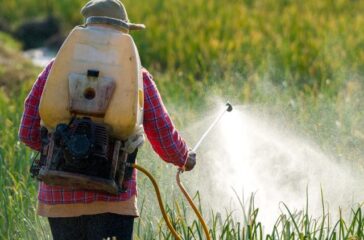Bayer facing long line-up of new Roundup trials as cancer takes toll
Cancer has taken an unrelenting toll on 72-year-old Mike Langford. After being diagnosed with non-Hodgkin lymphoma (NHL) in 2007 he suffered through five recurrences despite multiple rounds of chemotherapy and a stem cell transplant. Now he struggles with chemo-related neuropathy in his arms and legs, and new tests show the cancer is back.
Langford blames his cancer on his longtime use of the popular weed-killing product Roundup, which he applied countless times over decades using a backpack sprayer around his five-acre California property and a vacation lake home. He alleges in a lawsuit that Monsanto, the longtime Roundup maker now owned by the German company Bayer AG, should have warned of a cancer risk.
Last month, a San Francisco judge ruled that Langford’s health is so poor that he is entitled to a speedy hearing of his claims. A trial is set for Nov. 7 in San Francisco County Superior Court.
“I’ve had it so long. I’m very angry,” Langford said in an interview, a day after doctors biopsied an enlarged lymph node. “The future doesn’t look too terribly promising,” he said, trying to hold back tears. He learned last week that the preliminary biopsy results show a return of NHL.
 EWG
EWG








